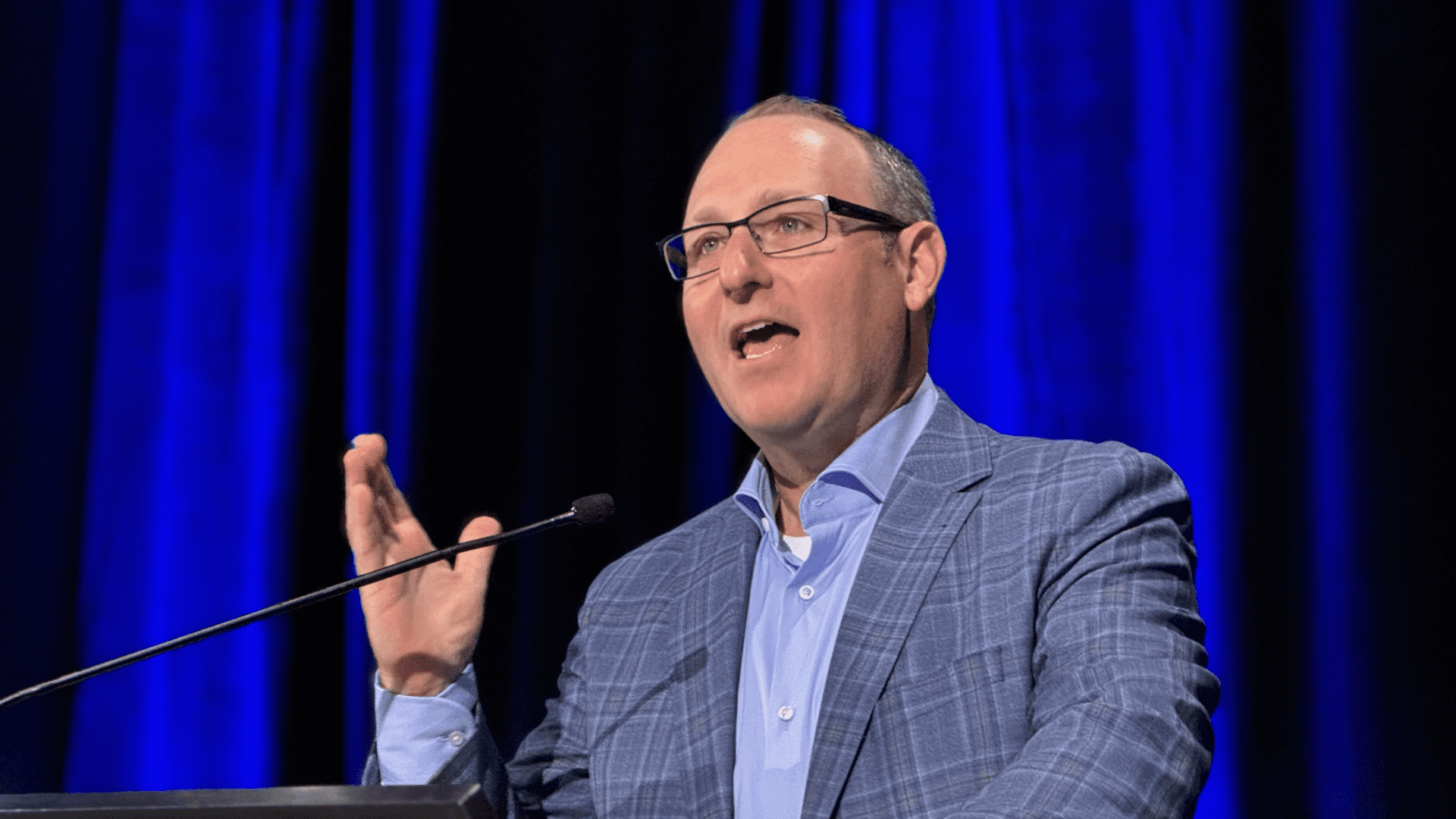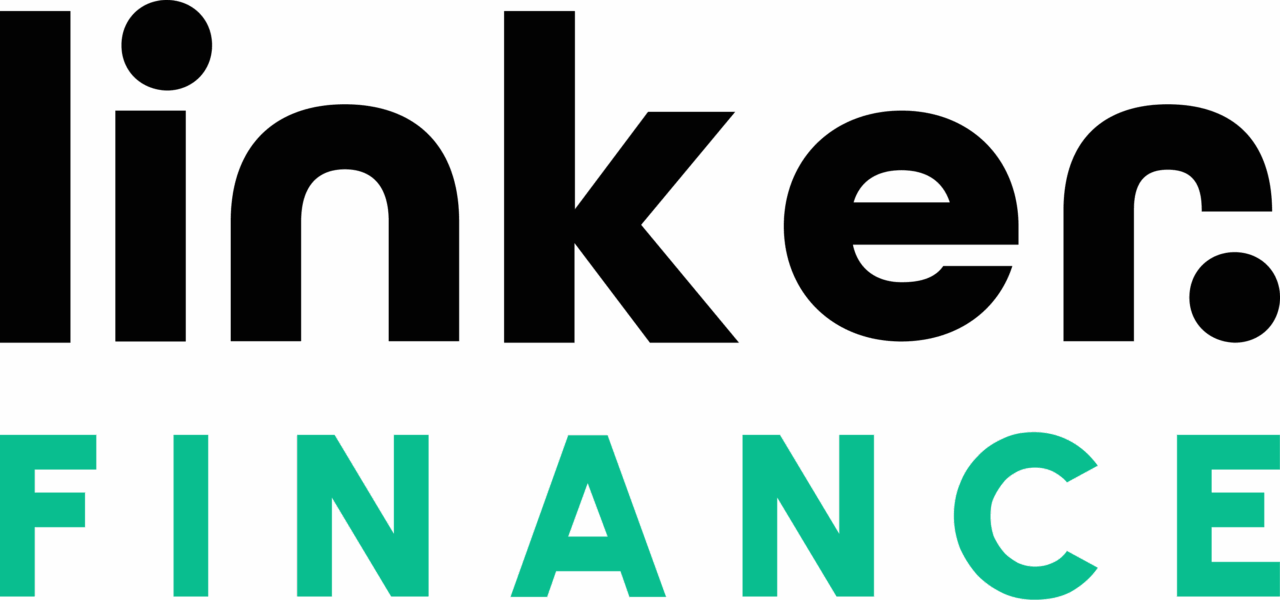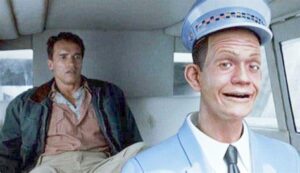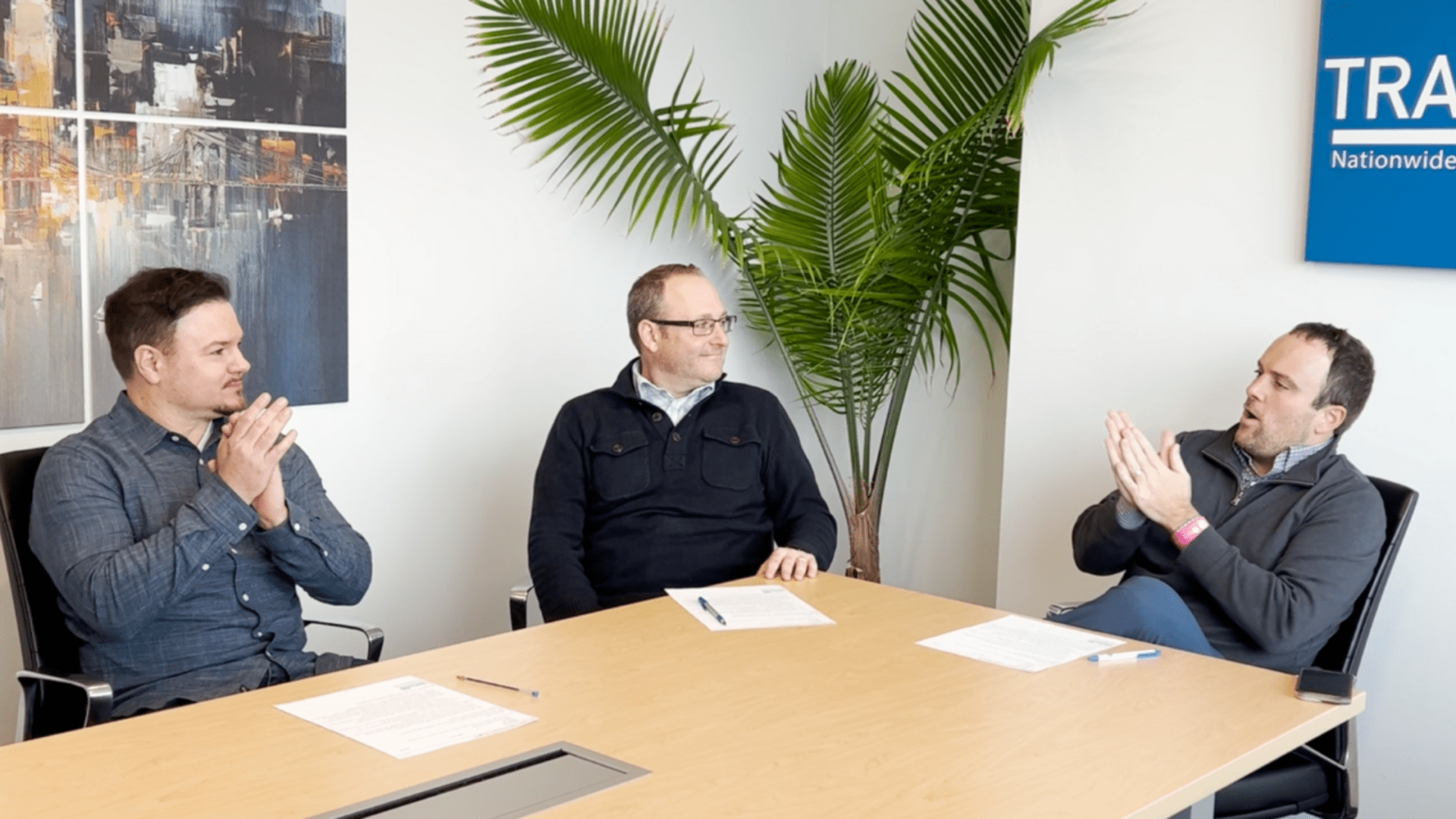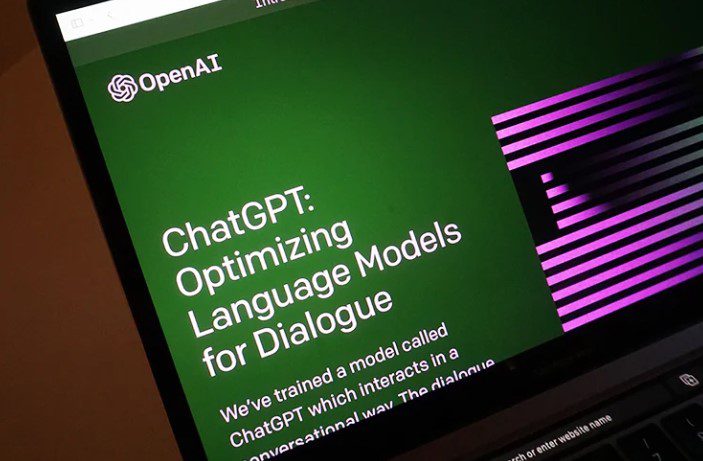“Ahh, the two things I love most: movies and me,” Brian Love laughs, immediately setting the tone for a conversation that would zigzag across decades, industries, and ambitions. That sense of humor, coupled with a deep well of curiosity and drive, has defined Love’s journey from aspiring filmmaker to one of the most trusted names in community banking executive recruitment.
Now a key resource at Travillian, a financial services search and strategy firm in King of Prussia, Pa., Love works with financial institutions nationwide to help them identify and attract C-suite banking leaders.
But long before he was speaking the language of talent pipelines, M&A deals, and deposits-to-loans ratios, Love was speaking the language of cinema.
Love’s Early Life and Spark of Storytelling
Brian Love‘s childhood was “a Jewish fish-out-of-water story.” His mother, Linda, was an elementary school teacher, and his father was a senior buyer for McCrory’s, a chain of emporiums selling everything from clothing to housewares to penny candy.
In the summer of 1987, when Love was nine, his dad, Chuck, was reassigned to the company’s headquarters in York, Pa., necessitating a family move from Elizabeth, N.J. The transition was rather abrupt for Love and his twin older siblings, Jeremy and Jackie: After a weeks-long sleepaway camp, instead of being driven home by their parents, they went to a wholly new address in central Pennsylvania.
“It was culture shock,” he says. “Overnight, I went from a tight-knit Jewish community to the Susquehanna Valley, where there were practically no Jews. But I was lucky. I made great friends in the neighborhood, and we were a bunch of little troublemakers with skateboards and video cameras.”
Movies quickly became more than entertainment—they became a way to connect with his family and friends and to tell stories.
Those early movies preserved more than childhood memories. They solidified a budding film director’s sense of pacing, tone, and leadership and an emerging casting director’s knack for putting the right performer in the right role, much like he does today.
“Making those early videos taught me how to interact with people, and driving execution on sometimes wild ideas” Love observes. “Even if it was just my brother and a couple of kids from the neighborhood. I loved getting a laugh, creating surprise, and just making things that made people feel something.”
A Tragic Loss
Six years later, the family faced one of its lowest points. While on a rock-climbing excursion, his elder brother fell to his death, just before his high-school graduation.
Understandably, the ripples of that loss changed everything.
“He was my biggest cheerleader,” Love says, recalling all those filmed epics the siblings made together. “His whole life was in front of him, and it was ripped away just as it was about to change.”
The blow to the family at large was immeasurable.
“We all changed that day,” he says. “We all grieved differently, and I’m not sure we ever healed that wound together.
“And it is like a fork in the road. Our lives looked completely different.”
Love does, however, carry an element of his brother with him to this day. “He had a competitive spirit,” he points out. “And although I no longer have him in my life, I still feel him. He continues to inspire me to have drive. I think growing up with him made me a competitor.”
Blockbuster and the Business of Stories
Love attended Temple University, where he studied communications and film, intent to become the next Steven Spielberg. Despite his guerrilla direction of an ambitious bank-heist film set in Philadelphia starring the ghost of George Washington, Hollywood didn’t come knocking.
After graduation, Love took a temp job at Philadelphia-based financial services giant Vanguard, only to leave soon after when Blockbuster offered him a management role. It was a decision that baffled some. “My boss at Vanguard literally told me I’d regret it,” he admits. “She said, ‘You’ll never work here again.’ And while I was walking out, I was thinking, ‘Great!’”
But Love thrived at Blockbuster. He managed stores, trained teams, and hit all the sales metrics—while still feeding his love of movies in unexpected ways. “I used to write my own movie reviews on the box inserts. I created a weekly newsletter at the Paoli store. I gave one to Ken Tucker, the senior film critic at Entertainment Weekly—he was a customer.”
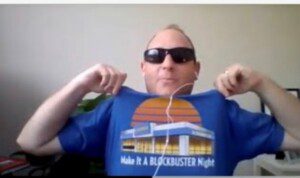
It wasn’t just a job. It was a lesson in customer service, storytelling, and brand ambassadorship. “There’s power in being passionate about your product. When people walked in, I wasn’t just renting movies—I was connecting them to experiences, something I still try to do in my work today.”
Film Career Wraps; Fade-in to Banking
Blockbuster was fun, but the future was coming, leading Love to enact a cross-fade into a different industry. “The grind of retail was real. I was working until midnight, doing inventories, losing games to shoplifting. It wore me down.”
Love started looking at other options—and saw friends jumping into retail banking. He had heard through his connections that Citizens Bank, in particular, was hiring people with strong customer-facing experience.
“I went from selling popcorn tubs to selling checking accounts,” he jokes. “But really, banking was another way to connect with people and build trust. I just had to learn the language.”
In 2006, his banking career began. He started in a Citizens Bank in-store branch at his local grocery store, but walking around the produce section in search of depositors got old fast. His creativity genes, honed in his youth, couldn’t be held back. “I’d hop on the Acme public address system and broadcast movie trivia questions, encouraging people to come over with the right answers. It drew people in. And we killed our sales goals.”
Citizens provided rigorous training and taught Love the structure of retail banking. But the call for more entrepreneurial banking experience pulled him elsewhere.
Climbing the Ladder in Community Banking
Over the next several years, Love climbed the ladder—moving from Citizens, a large regional bank, to Conestoga Bank, a small community institution, then to Bank of America. Each move taught him something different. “Conestoga was tight-knit,” he describes. “I stood out because I was extroverted. Bank of America paid better, but it was too big. Too corporate. A processes for processes.”
A career turning point came when he eventually landed at Customers Bank.
“I was working at BofA and watching people cash their CDs and walk across the parking lot to this other bank—Customers. I walked in to see what was going on. Met one of the Vice Presidents and had a great conversation. Sent in my résumé. And boom—I was in.”
At Customers, Love found his groove: “It was scrappy, entrepreneurial. I got face time with the execs. I hunted big deposits—$10M escrow accounts from property managers. I loved the chase.”
Love built strong teams, trained with precision, led by example, and dove deep into the mechanics of community banking.
Leadership at the bank was fiercely analytical and drilled specific metrics—the all-in costs of every branch, its deposits, its pay-outs, the controllable costs—into their staff. Low-cost deposits were thought to be the coal that was shoveled into the engine so that it could be turned around and put into loans.
Love recalls: “It was very simplistic, but deposit growth was what our goals were tied to as branch managers. I learned how to run a branch and how to grow intelligently. I learned the value of having your numbers at your fingertips, but also, how to be a more inspirational, focused leader. There are ways to lead that stretch beyond the numbers. So that experience was very valuable.”
Those years in community banking were formative. “They gave me my banking brain,” he notes. “I went from someone who couldn’t define DDA to someone who could evaluate loan-to-deposit ratios and spot underutilized capital. I became obsessed.”
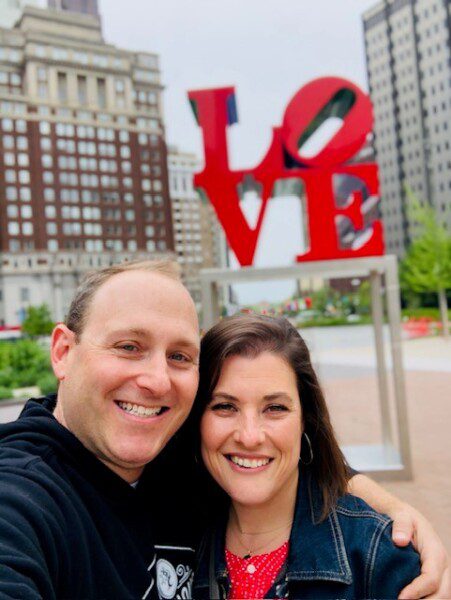
Enter Travillian – The Move to Executive Recruitment
In 2015, a conversation changed everything. Dave Yancoskie, Travillian Managing Partner, invited Love to consider something new: recruiting.
To help weigh the pros and cons of one more career transition, Love tapped two trusted sources whose counsel diverged. “My wife, Sarah’s, uncle,” he relates, “had been a big HR exec and successfully owned his own recruiting business. He told me that he’d thought I’d be a good recruiter and that it would be very suiting for my own personal goals.
“However, I then called my dad, who had been a recruiter earlier in his career. He told me to stay in banking. My dad was always very conservative, so this was not a surprise. He saw banking as a sure thing.
“I went with my gut and defied my dad. It was terrifying—but it felt right.”
The first year at Travillian wasn’t easy. “I was pitching banks that didn’t know us.” Love describes. “I was fumbling through meetings. But I kept at it. I called every community bank in Philly and beyond. I treated it like whale hunting—just like I’d done with deposits.”
Bit by bit, the wins came. And so did the clarity. He describes the transformation: “My encyclopedic mind that once stored every movie fact? I focused it on banking.”
In other words, the guy who could cite the running time of E.T. from memory found he could also recall specific banks’ balance sheet data.
“Now, I can sense what a CEO wants in a CFO after one conversation and a glance at the financials,” Love says.
He found success not just because he could spot talent, but because he knew how banks worked from the inside. “I’ve been on both sides. I’ve hired. I’ve managed. I’ve done product development. I know what keeps a bank president up at night.”
Love’s First CFO Placement Success
In the new genre in which he was working, Love thrived.
“I remember my first placement,” he relates. Yancoskie provided Love with an opportunity: a search for a CFO slot. “Through Dave’s investment banking connections, he was able to win a contract with a bank in Manitowoc, Wisc.”
The agricultural lending-focused bank, which had been relying on internal resources to that point, was running out of options. “They only had so many local connections,” Love recalls.
Love connected with the executive team and immediately hit it off with its members. Those newly formed connections included CEO Tim Schneider, who, alongside a few other founders, created a mostly Ag-focused bank that focused on that market segment better than competitors that had slowly exited it.
With a full understanding of the need, Love kicked into gear. He recalled that a recent bank sale in Illinois might prove fertile for professionals looking for new opportunities. He contacted the CFO, Glen Stiteley, whom he believed might be interested in the jump.
“I found Glen literally in the first week of the search,” Love remembers. “I was like ‘Oh, this guy’s perfect.’”
But his candidate balked.
“He told me he wasn’t ready,” Love states. “He didn’t want to move up there.”
Love spoke to other potential options. But he kept coming back to his original candidate. Love took a soft-pedal approach. “At last, Glen came to me and said, ‘I think I want to meet these guys.’”
The rest, Love characterizes, is history. Love credits his ability to tell the story of this bank to the candidate as a key point in the successful placement.
That debut placement remains memorable, undimmed by the 70-plus placements Love has successfully made since.
“The best feedback we get,” he admits, “is when a client bank reflects on all the proposed professionals we put before them, and, in recognizing their overall quality, the leadership team picks one but says, ‘We wanted to hire them all.’”
Another Tragic Loss
In 2021, Love’s father was diagnosed with ALS (Lou Gehrig’s disease) and blood cancer, both long and difficult conditions. This caused the family to watch a once strong, virile man wither away. “During his final days, my father whispered in my ear: ‘I’m proud of you.’ Simple words, but filled me with such happiness and pride, carrying me toward a future I would soon have to chart without him.”
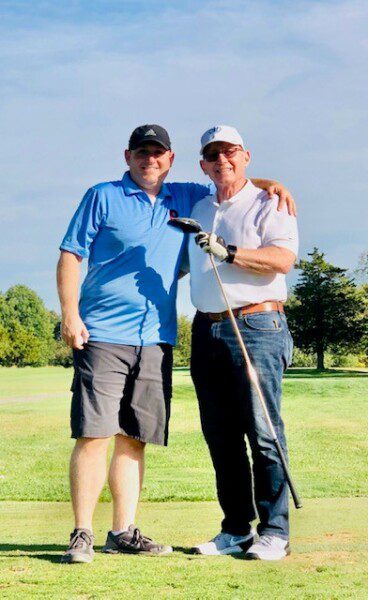
Best Supporting Actors/Actresses
In his work at Travillian, Love attributes his success to not only his own resourcefulness but also the influence of his colleagues. From Dave Yancoskie through the rest of the cast of coworkers, Love recognizes their expertise, dedication, and good-naturedness.
“We’ve continued to bolster the team,” Love says. “We’re constantly finding talented folks to bring to Travillian as ways to add value to our clients.”
Love mentions Keith Daly, Principal, Banking & Fintech Search. The two had been friends for nearly 25 years, but Love recruited Daly over to Travillian in 2018.
“Back during COVID, Keith became very interested in how banks were thinking differently about technology. The strategies behind it. Its efficiencies. Keith’s urging moved us forward to dip our toes in those waters, too.”
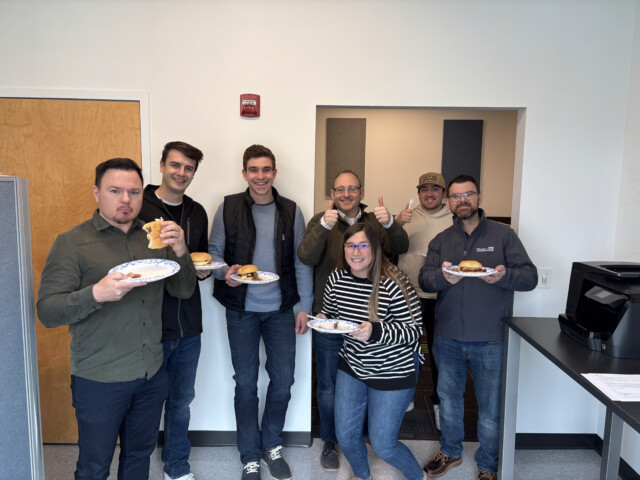
Primarily due to Daly’s curiosity, the bank practice has now transformed into the banking and fintech practice and includes co-stars Patrick Cooney, Candice Gallagher, and Giancarlo Gomes.
That pushing-the-envelope mindset also brought Mike Perito into the Travillian cast in 2024, as Principal, Head of Bank Strategy.
Love states: “Mike is brilliant when it comes to IR and corporate communications, and FP&A, and is now helping us advise banks that are dealing with concerns in those areas. Mike and I are also working together to help boards run more efficiently, help with their succession planning—a huge concern as the banker demographic ages,” he observes.
“We’re also building competencies that today’s boards need, especially around technology. We’ve been creating curricula to help them with their core business. And eventually folding that capability into our core business of search.”
Bringing a Director’s Eye to Executive Advisory and Board Consulting
Now advising boards and executive teams across the country, Love brings a director’s perspective to leadership—keenly focused on casting the right people. His background in film may be behind him, but the instincts remain: observe carefully, ask the right questions, and never lose sight of the bigger picture. As he puts it: “Every day I’m trying to learn more about people, about how decisions are made, and about the things that make a team great.
“I may not be Spielberg,” he says. “But I know how to tell a story. And every time I help someone find the right role—or help a bank find its next chapter—I feel like I’m doing just that.”

